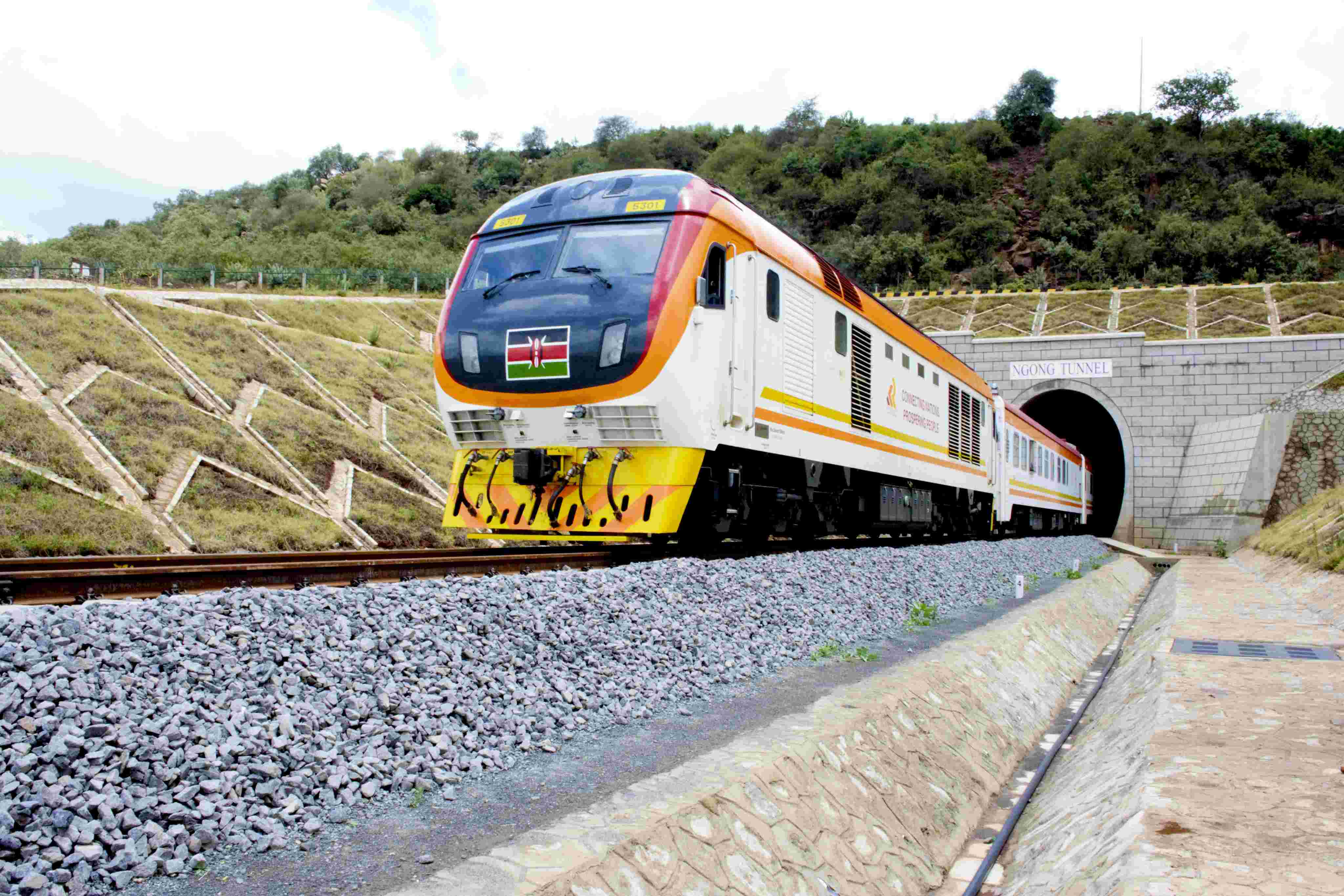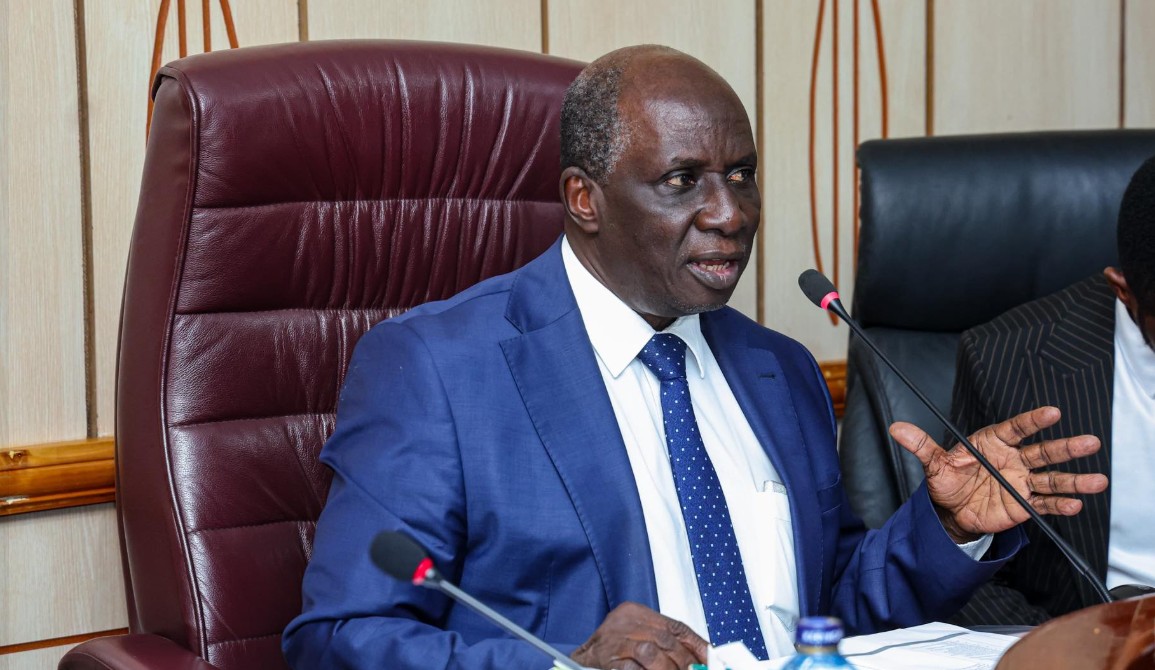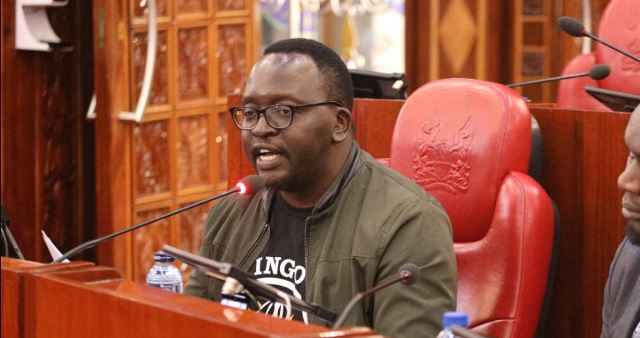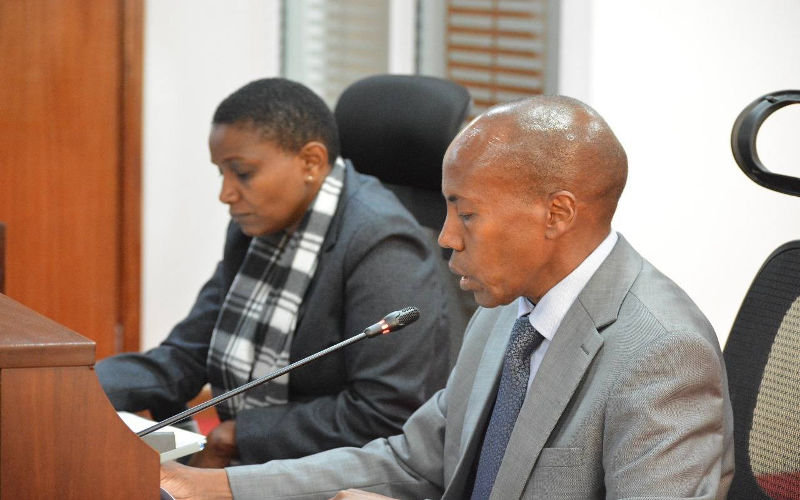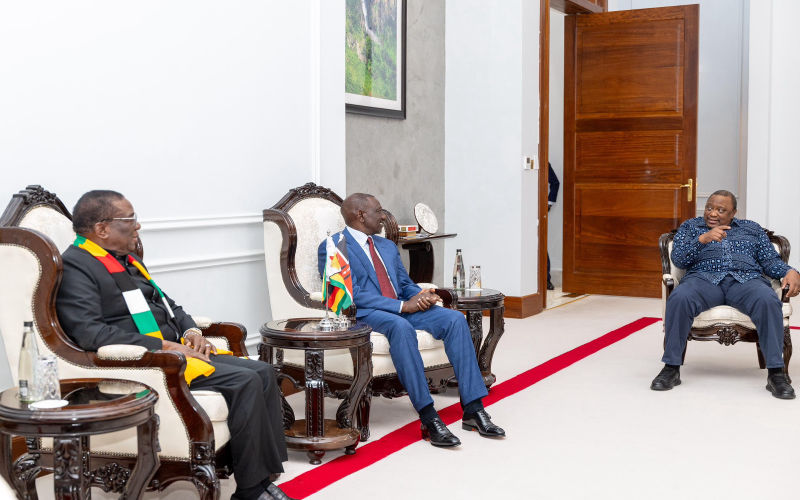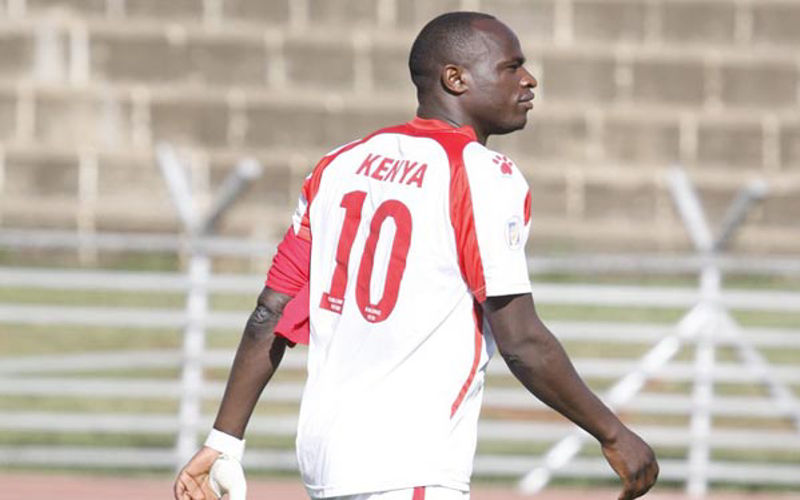NOCK declared "technically insolvent" as MPs order special audit into state oil agency
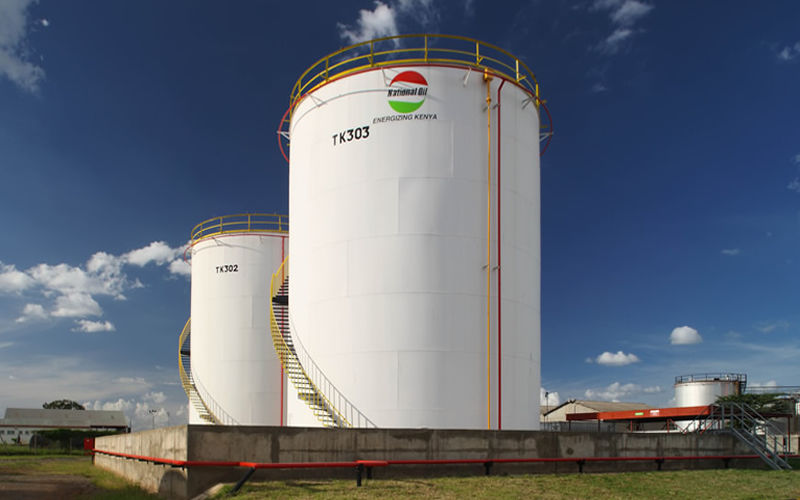
NOCK is unable to meet its recurrent expenditures, owes over Sh7.4 billion in debt, and is at risk of defaulting on loans from major banks.
The National Oil Corporation of Kenya (NOCK) has been declared “technically insolvent” by a parliamentary watchdog committee, which has now ordered a special audit into the agency’s operations.
According to the National Assembly's Public Investments Committee on Commercial Affairs and Energy, NOCK is unable to meet its recurrent expenditures, owes over Sh7.4 billion in debt, and is at risk of defaulting on loans from major banks.
More To Read
- Senators expose Trans Nzoia officials for awarding themselves Sh30 million unsecured loans
- MPs raise alarm over NOCK's financial collapse in face of Sh3 billion Rubis loan
- House committee flags mismanagement, ethnic bias in universities and technical institutions
- Over 100 traders of Fedha Stage in Embakasi protest 24-hour eviction notice
- MPs summon Treasury, Transport CSs over audit queries linked to roads agencies
- MPs probe ten-year idle geothermal steam amid high electricity costs
The Committee, chaired by Pokot South MP David Pkosing, raised serious concerns over the financial position of the state-owned oil agency, questioning the legality and viability of its partnership with Rubis Energy Kenya.
During a session on Thursday at Parliament Buildings, Pkosing announced that the Committee had suspended a scheduled meeting with NOCK officials, citing widespread financial mismanagement, growing liabilities and a troubling lack of transparency.
“The National Oil Corporation is no longer a going concern. We are staring at a dead agency that can neither meet salaries nor sustain operations,” Pkosing said, adding that immediate intervention was necessary to salvage the situation.
The Committee now wants the Auditor General to conduct a comprehensive audit focusing on the partnership between NOCK and Rubis Energy. MPs have questioned whether the agreement amounts to a loan facility and whether it is backed by the National Treasury.
They also expressed concern that the Rubis partnership may further complicate NOCK’s operations, particularly given the Corporation’s decision to lease its retail infrastructure to third-party dealers.
In their submissions, Members noted that NOCK owes Sh3.4 billion to Kenya Commercial Bank and Sh2.9 billion to Stanbic Bank, raising the risk of default and compounding doubts about the agency’s sustainability. Legislators argued that the Corporation cannot pay salaries or maintain its service stations, pointing to a deeper governance and operational crisis.
The Committee has directed NOCK to suspend the implementation of its agreement with Rubis Energy for one month, pending the outcome of the special audit.
The Auditor General is expected to submit the report to Parliament by August 14, 2025.
“We must interrogate whether bringing in Rubis without equity participation was the best solution, or just another short-term fix that exposes the Corporation and taxpayers to greater risk,” Pkosing said.
The Corporation, which was established in 1981 to represent the government’s interests in the oil and gas sector and ensure energy security, is now facing what MPs described as a collapse of its original mandate.
Once envisioned as a key player in both upstream and downstream petroleum markets, NOCK has become a cautionary tale in state agency mismanagement.
MPs argued that the situation raises broader questions about how strategic state corporations are managed, especially those in critical sectors like energy.
They cited provisions under Article 95(2) of the Constitution, which mandates the National Assembly to represent public interests and Article 201(d), which calls for the prudent use of public resources, to justify the need for the special audit.
The Committee said the outcome of the audit will guide its final decision on the future of the Corporation and may set a precedent on how non-equity partnerships are structured within public institutions.
Top Stories Today







